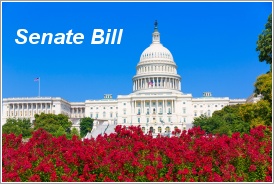 The growing problem around opioid addiction continues to receive coverage in the media, and it has become a topic of discussion on the campaign trail because candidates are being approached throughout the country by concerned families and citizens.
The growing problem around opioid addiction continues to receive coverage in the media, and it has become a topic of discussion on the campaign trail because candidates are being approached throughout the country by concerned families and citizens.
Marcia Taylor, President of Partnership For Drug Free Kids, provided testimony in January to a Senate Judiciary Committee on the need to increase funding for drug prevention and drug treatment. Proposed for consideration is the CARA Senate Bill which stands for Comprehensive Addiction and Recovery Act. CARA would allocate funding for drug treatment and prevention resources with a goal of getting more addicted individuals into treatment, and better educating both parents and teens on the dangers of recreational opioid use.
CARA would also address the need to distribute naloxone across the U.S. to aid in the fight to reduce deaths from opioid overdose. Local law enforcement would be trained on the administration of naloxone. Prescription drug monitoring programs would also receive increased support under CARA.
Methadone and Suboxone have become familiar interventions for anyone knowledgeable on opioid addiction issues. Most state-funded opioid treatment programs in the United States are currently full and have waiting lists of addicted people who are eager to participate in medication-assisted treatment.
In America, there has been a notable expansion in recent years of treatment programs who utilize methadone or suboxone to help patients. While many of these programs are private self-pay, Medicaid presently pays for methadone-based treatment approaches in a number of U.S. states. The number of private pay programs currently outnumber state-funded and Medicaid-funded programs by a substantial margin.




